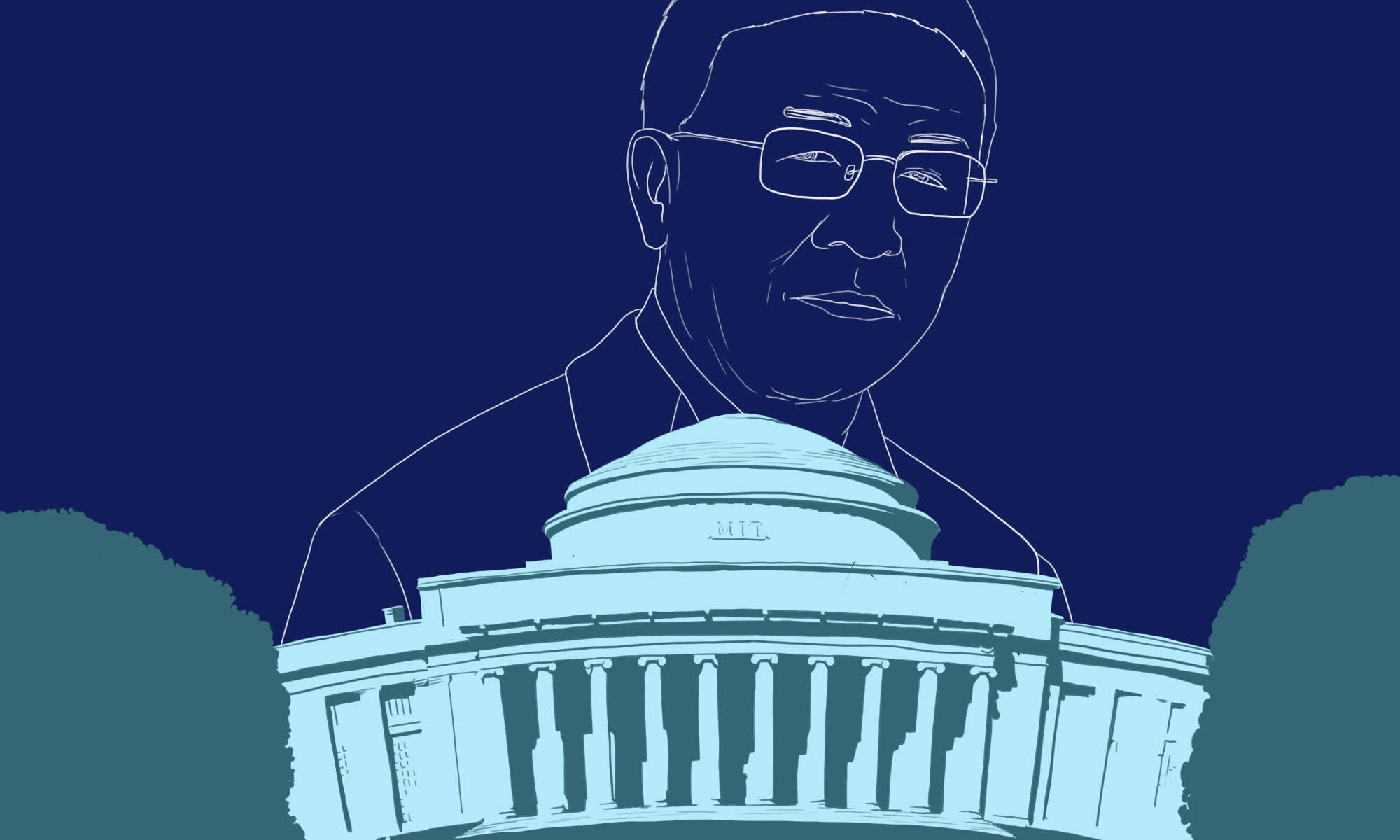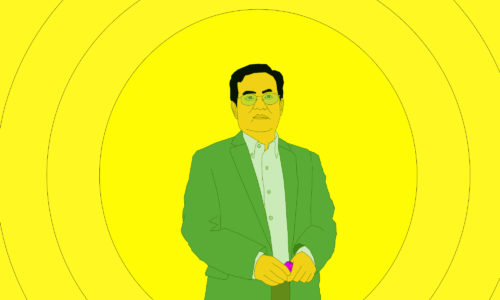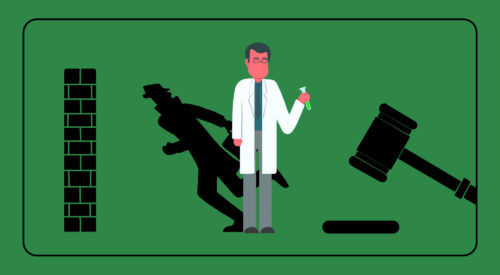MIT professors object to arrest of Chen Gang for failing to disclose China ties
After Chen Gang, a prominent professor of nanotechnology at MIT, was arrested for failing to disclose China ties and funding, roughly 100 of his fellow faculty members signed a letter objecting to the criminal complaints against him.

Since late 2018, the U.S. government has stepped up its scrutiny of China-connected research and researchers. A “China Initiative” launched by the Department of Justice (DOJ) at that time has the ostensible purpose of cracking down on cases of technology theft by China, but a The China Project investigation found that cases are split between three types:
- Innocent people who are targeted because they are ethnically Chinese;
- Scientists who are sloppy with their paperwork;
- Real bad actors who steal American intellectual property, or hide or misappropriate funding.
The latest case might be the most high-profile yet: Chén Gāng 陈刚, a prominent professor of nanotechnology at MIT, was charged by the DOJ on January 14 for failing to disclose China ties and funding in grant proposals (here are links to the announcement and the criminal complaint in full).
- The news was “surprising, deeply distressing and hard to understand,” wrote MIT President L. Rafael Reif, noting that Chen had been a widely respected member of the faculty since 2001. (Chen was born in China, but moved to the U.S. in 1989 and became a naturalized U.S. citizen in 2000.)
- On January 20, the Boston Globe reported that a “grand jury has now indicted Chen on two counts of wire fraud, one count of failing to file a foreign bank account report and one count of making a false statement in a tax return.”
Roughly 100 MIT professors have signed a letter in protest of the arrest of Chen, and delivered it to President Reif yesterday. The criminal complaint, the professors say, “vilifies what would be considered normal academic and research activities” if they did not involve China, and moreover, the crimes Chen is accused of have “nothing to do with protecting intellectual property.” The letter disputes five allegations in the criminal complaint:
- “Chen and his research group has received approximately $29 million of foreign funding, including $19 million from the PRC’s Southern University of Science and Technology” (SUSTech). The letter points out that Chen’s research group was far from the sole recipient of the money.
- SUSTech is not a legitimate organization to collaborate with. The letter says that if the U.S. government believes this, it should pass legislation or executive action explicitly saying so.
- Chen hid his affiliations with Chinese institutions. The letter says that his publicly available CV contains 62 references to China.
- Chen “served the PRC” by recommending students to jobs and scholarships in China. The letter says that recommendations are essential and routine parts of the jobs of faculty.
- Chen defrauded U.S. taxpayers. The letter says there has been “no substantiation provided” for this claim.
Deterrence and amnesty?
Maggie Lewis, a law professor at Seton Hall University, commented that the purpose of the charges against Chen appeared to be “classic general deterrence: use Chen as an example to warn others who have engagement w[ith] PRC-based entities, especially through talent programs.”
Amnesty, but not for Chen? The Wall Street Journal reports that “Justice Department officials are weighing an amnesty program under which U.S. academics could disclose past foreign funding without fear of punishment for their disclosures.”
- Any change in policy is uncertain, the WSJ reports, because Biden administration officials “haven’t yet indicated how they will handle the cases targeting academics’ U.S. grant proposals.”
- It is also unclear that the charges against Chen would be dropped if a change in policy occurred.






